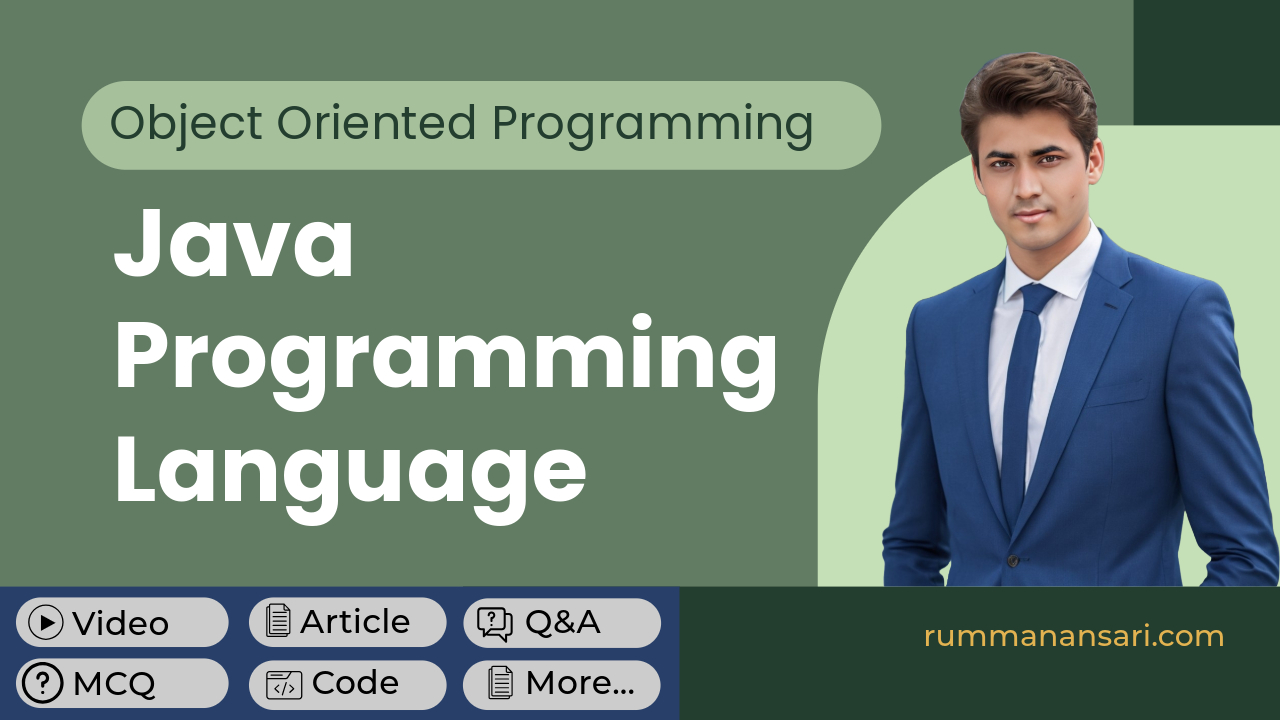The Java for-each loop is specifically designed to iterate over objects, which means it cannot be directly used with primitive types such as int, char, or double. Instead, the for-each loop operates on arrays or collections of objects, such as Integer[], Character[], or Double[], which are the boxed versions of the primitive types. This distinction is crucial because the for-each loop relies on the ability to access methods and properties associated with objects, which primitive types do not possess. For instance, if you attempt to create a for-each loop like for (int num : new int[]{1, 2, 3}), it will not compile, as int is not an object type. To iterate over primitive values, they must be placed in an array of their corresponding wrapper classes or collections, allowing the for-each loop to work correctly. This design choice promotes the use of object-oriented programming practices, encouraging developers to work with objects rather than primitives directly. Consequently, when working with collections or arrays, it's essential to remember that the for-each loop will only function properly with object types and their corresponding wrappers.
 Loop Introduction in Java Language
Loop Introduction in Java Language  Enhanced For Loop (For-Each Loop) in Java
Enhanced For Loop (For-Each Loop) in Java